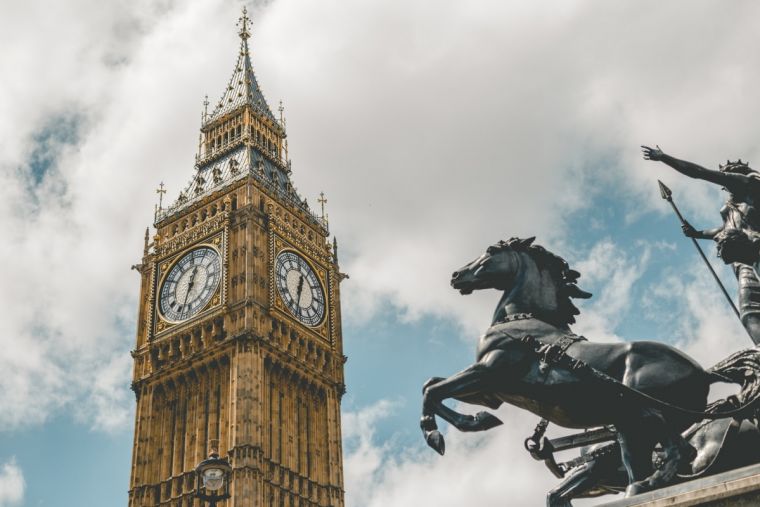Peers to debate assisted suicide Bill amid strong opposition from doctors, faith leaders and disabled people

Baroness Meacher's Assisted Dying Bill will have its second reading in the House of Lords today.
Opponents include faith leaders and a number of Christian groups who warn that the vulnerable would be put at risk.
Faith leaders this week staged a rare joint intervention urging peers to maintain the status quo.
A joint letter by the Archbishop of Canterbury, Chief Rabbi and head of the Catholic Church in England and Wales said: "We believe that the aim of a compassionate society should be assisted living rather than an acceptance of assisted suicide."
UCL professor and president of the Christian Medical Fellowship, John Wyatt, has warned that Christian doctors may be forced to leave the NHS if the law is changed.
"I am deeply concerned that a lot of Christian doctors will come to the conclusion: 'I simply can't practise in the NHS under these circumstances. It is so unacceptable for me to be having to be telling this succession of people something which I think is quite wrong, offering them the possibility of killing themselves'," he said.
Opponents have also warned that a rapid expansion of eligibility beyond terminal illness will be likely given the examples of countries like Belgium and the Netherlands where it is now available for children and people with mental health issues.
Earlier this year, Canada expanded assisted suicide laws to include people with disabilities and chronic pain.
Writing in The Telegraph, Lord Moore said that promised safeguards were "sadly inadequate", but he also raised concerns that changing the law would diminish investment in palliative care and undermine suicide prevention work.
"Might a society which promotes assisted suicide be less likely to improve palliative care?," he added.
Concerns have been expressed that the terminally ill will feel pressured to end their lives after research in Oregon last year found that over half of people in the US state who opted for assisted suicide did so for fear of being a burden on loved ones.
The All-Party Parliamentary Group (APPG) for Dying Well, which opposes changing the law, has raised "serious concerns that such a law would show significant disrespect for disabled persons who already struggle to receive proper social and medical support".
"Based on international evidence, there is also worry that legalising assisted suicide could put disabled people at risk and negatively impact the medical care they require," it said.
Former Paralympian Tanni Grey-Thompson echoed these concerns in comments to Sky News: "As a disabled person, I am very concerned how disabled people may feel they are a burden."
Over 1,700 doctors and nurses agree that this is a concern.
In a letter to Health Secretary Sajid Javid, they say that the enormity of the shift in legalising assisted suicide "should not be minimised".
"The prohibition of killing is the safeguard. The current law is the protection for the vulnerable," says the letter, organised by Our Duty of Care.
"Any change would threaten society's ability to safeguard vulnerable patients from abuse, it would undermine the trust the public places in physicians, and it would send a clear message to our frail, elderly and disabled patients about the value that society places on them as people."
A rally organised by pro-assisted suicide campaign group Dignity in Dying is being held outside Parliament on Friday by those supporting Baroness Meacher's Bill, including former Archbishop of Canterbury Lord Carey.
He admitted last week that he was something of a lone figure in the Church of England in supporting assisted suicide.
His position stands in contrast to that of another former Archbishop of Canterbury, Lord Williams who has spoken out against changing the law.











